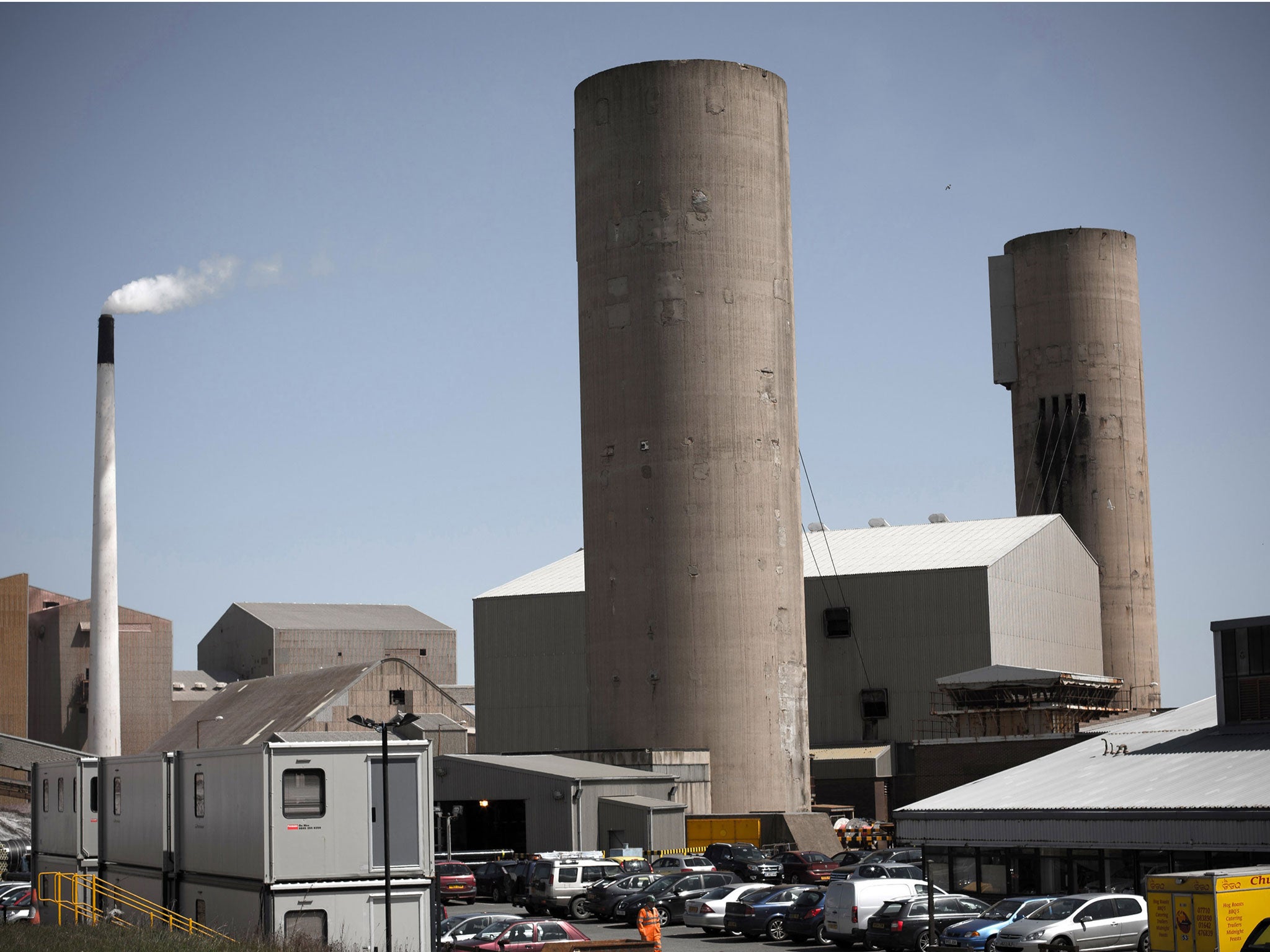Boulby mine fire: Seven workers hospitalised after blaze breaks out 3,600ft under sea bed
The ICL Boulby mine in east Cleveland is one of the deepest in Europe

Seven workers were taken to hospital after a fire broke out hundreds of metres under the sea at one of Europe’s deepest mines.
Emergency services and the mine’s rescue team tackled the fire at the ICL UK Boulby mine in east Cleveland, which broke out early on Wednesday morning.
The workers were 3,600ft under the sea bed and five miles out from land when the fire broke out, according to the BBC.
An investigation is underway into what caused the fire, but it is known that polystyrene blocks in the mine, which are supposedly flame retardant, caught on fire.
Around 100 staff were reportedly underground at the time. Of the seven workers taken to hospital, two were treated for smoke inhalation, police said, though all are understood to have now been discharged.
A spokesperson for the emergency services said the fire has now been extinguished and all workers in the mine at the time of the incident have been located and brought to the surface, adding that all operations at the mine have been suspended today.
A spokesperson for HM Inspectorate of Mines told The Independent a full investigation into the incident is being carried out.
An ICL spokesperson told The Gazette: “The polystyrene blocks are used to help direct air to where you want it to be inside the mine.
“For some unknown reason they caught fire today. They are not supposed to catch fire, they’re supposed to be fire resistant.
“That’s going to form a crucial part of the investigation currently underway with the HSE.”
The mine is famed for its potash, an important ingredient in producing fertilizers.
Last year the company announced job losses as part of a "significant restructuring" of its operations, including moving from producing potash to Polysulphate fertiliser.
It is 1,400m deep and its tunnels go far out under the North Sea.
Additional reporting by PA
Subscribe to Independent Premium to bookmark this article
Want to bookmark your favourite articles and stories to read or reference later? Start your Independent Premium subscription today.

Join our commenting forum
Join thought-provoking conversations, follow other Independent readers and see their replies